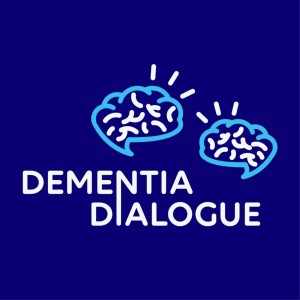
Leanne Lawrence and Jean Daku live in rural Saskatchewan where Leanne’s mother, Marjory lived her whole life. We learn how Jean, a nurse practitioner, championed a memory clinic practice model within the Kipling Primary Care Centre and she and others supported Leanne and her mom as dementia developed. Enabling residents of rural areas to receive high-quality service is an important contribution to these types of clinics. Often services exist but the clinic helps organize and coordinate them and to advocate when gaps emerge.
Leanne explains some of the challenges of having to travel long distances for health care when dealing with dementia and how negatively that can impact the person living with it, such as confusion, agitation, and a general worsening of their condition. This really highlights the need for access to services in rural areas.
Noticing the major gap in care, Jean started working with the RaDAR group from Saskatoon to bring in more education and ways of dealing with dementia into small rural communities. Her multidisciplinary memory clinic has a team-based approach, with physicians, home care nurses, physical therapists, occupational therapists, social workers, and the Alzheimer Society First Link coordinator.
Both guests emphasize how critical communication and the coordination of care is for people living with dementia and for their care partners, to enhance the quality of life and how building a community framework is so beneficial. They also speak to how helpful social, mental, and physical stimulation is for the patient is as well.
For more information on RaDAR visit: https://cchsa-ccssma.usask.ca/ruraldementiacare/index.php
More Episodes
 2024-10-22
2024-10-22
 2024-04-22
2024-04-22
 2024-03-26
2024-03-26
 2024-03-20
2024-03-20
 2024-02-27
2024-02-27
 2024-02-09
2024-02-09
 2023-11-23
2023-11-23
 2023-11-23
2023-11-23
 2023-11-22
2023-11-22
Create your
podcast in
minutes
- Full-featured podcast site
- Unlimited storage and bandwidth
- Comprehensive podcast stats
- Distribute to Apple Podcasts, Spotify, and more
- Make money with your podcast
It is Free
- Privacy Policy
- Cookie Policy
- Terms of Use
- Consent Preferences
- Copyright © 2015-2024 Podbean.com





